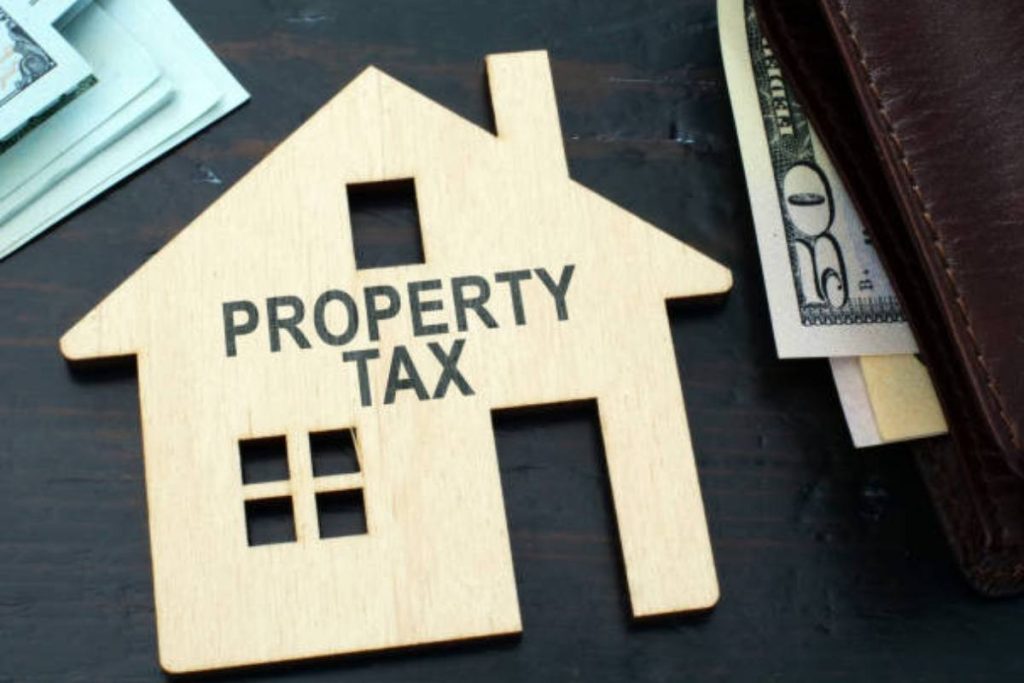Property tax is a significant expense when estimating a home purchase’s costs. However, it can be unclear to understand precisely how it functions and how much you expect to pay. Here are six frequently asked questions about property tax that all California residents should know.
Table of Contents
1- What Is Personal Property Tax?
Business personal property tax is California’s way of taxing businesses for tangible assets such as furniture, fixtures, or equipment. To be eligible for this type of tax, the owner must have a business in California with assets used regularly to carry out their business procedures. California’s property taxes vary widely depending on where you live and the help you own, even if they are within the same county.
2- What Is Business Property Tax?
California Property Tax is a tax imposed by local governments on real estate owners in exchange for public services such as schools, police, fire protection, and more. Property taxes are based on the assessed value of your property and can vary from county to county. In addition to the assessment, there may be additional taxes, such as special assessments or fees levied by your municipality or state government.
3- When Are Property Tax Bills Due?
In California, most counties send out their property tax bills between July 1st and September 30th each year, with due dates usually falling between October 10th and December 10th, depending on where you live. If you do not pay the check by the date listed on it, then late penalties may apply, so it’s essential to keep track of when your payment is due each year.
4- Is There A Penalty For Failing To File A Personal Property Taxes Return?
If you do not file a personal property tax return, the assessing jurisdiction will estimate the value of your property, which may not be accurate. Also, some jurisdictions charge a fine or interest for failure to file. California property tax, for example, in San Francisco, charges 10% of the property’s assessment if you don’t submit a statement.
5- Do I Need To Include Intangible Assets In A Property Taxes Return?
Only report tangible assets, like equipment or office furniture, on personal property return; intangible assets, such as stocks or mortgages, don’t need to be included.
6- Are There Any Exemptions From Paying Property Taxes?
Yes, In California, certain groups, such as seniors over 65 years old, may qualify for exemptions from paying all or part of their property taxes if they meet specific criteria set forth by their county’s assessor office.
Additionally, veterans may qualify for exemption from up to 100% of their annual taxable value if they have served active duty in an armed force during wartime and meet other qualifications set forth by their county’s assessor office.
California Property Tax FAQs – In Summary
Taking care of your property taxes is essential when owning a home in California; understanding how much you owe and when it’s due can help ensure that you avoid accidentally incurring any penalties or late fees due to missing payments. Knowing what exemptions are available can also help save money if you meet specific requirements set forth by your county’s assessor office, so make sure to investigate those options if applicable. With this knowledge under your belt, navigating any potential issues related to California property taxes won’t seem so daunting anymore.

